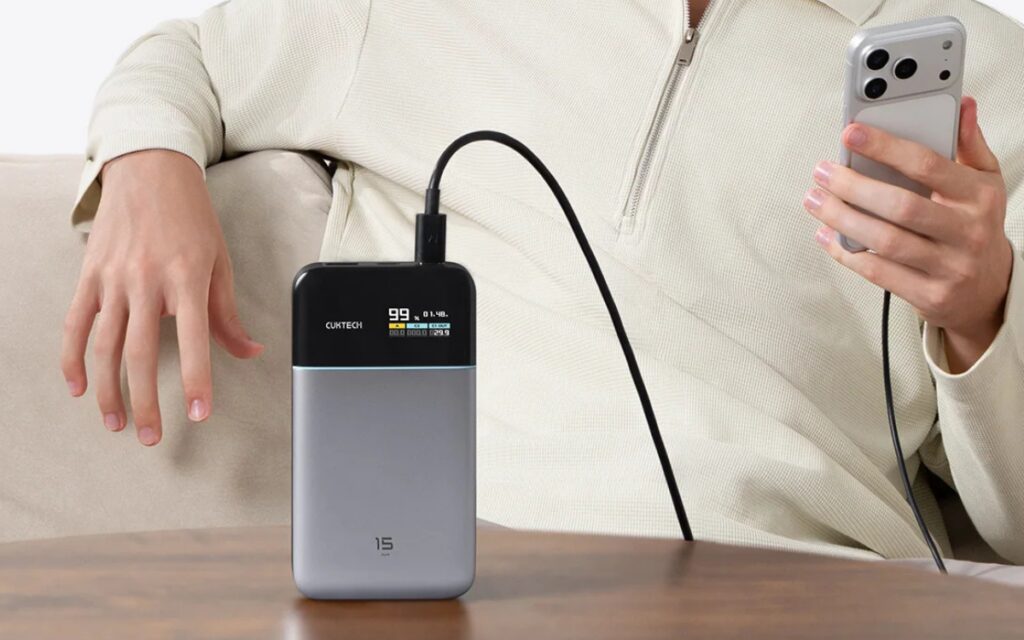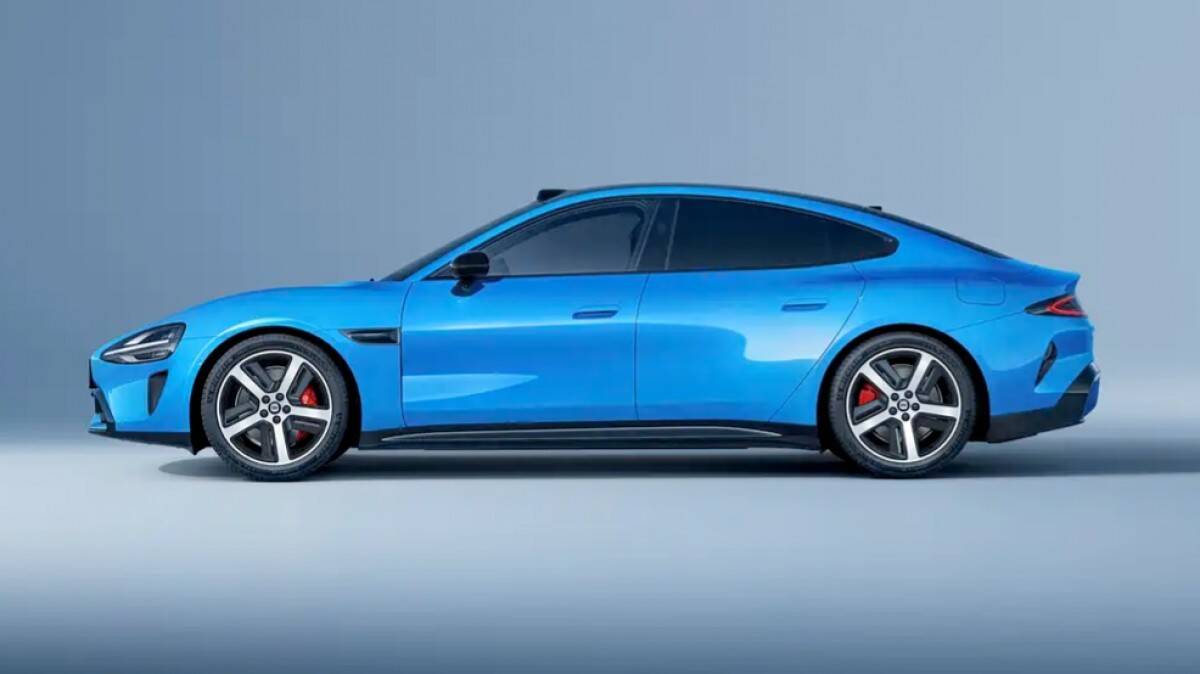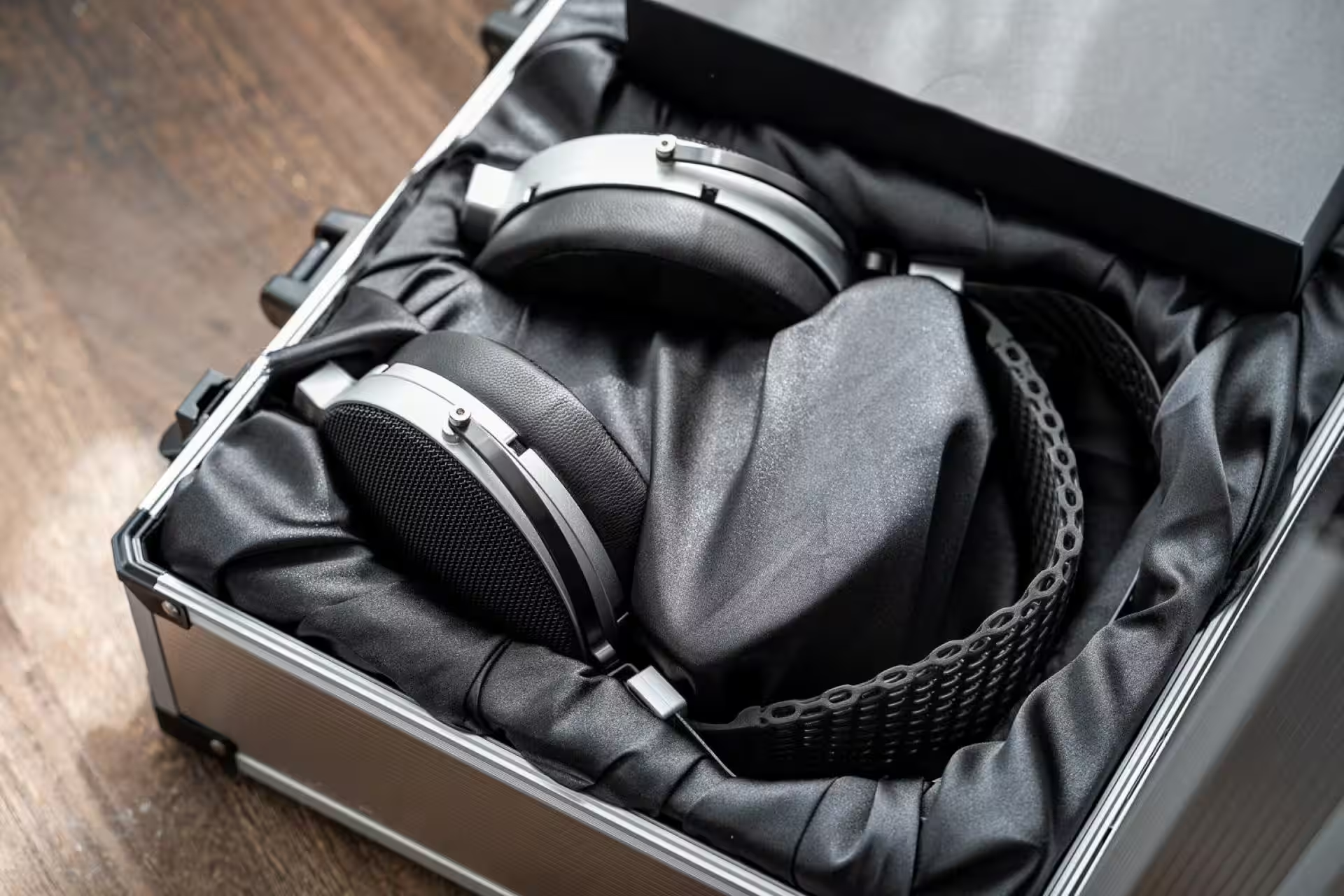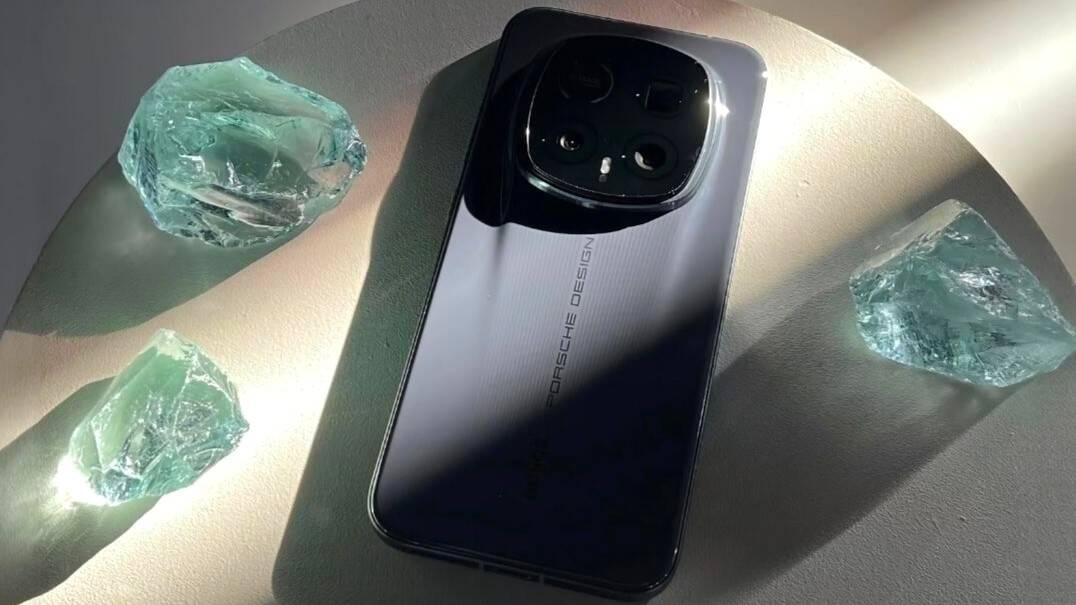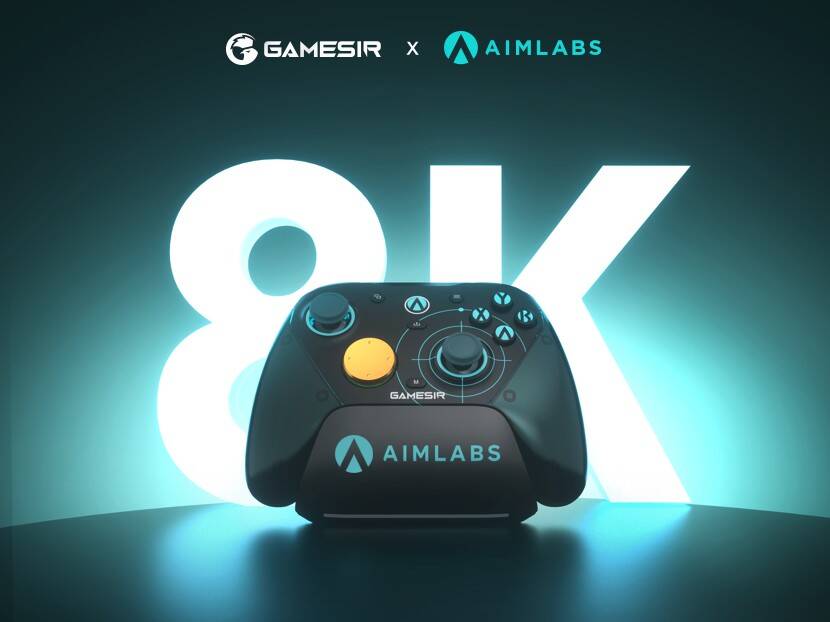Neuralink competitor gives up ‘superpowers’ – only treatment

While Ilon Musk dreams of using a Neuralink chip to drive a Tesla or download memories, his Spanish competitor Inbrain Neuroelectronics claims: no “human enhancement” technology – just medicine. The startup is creating graphene-based brain implants and has already conducted the world’s first clinical trial of such a device.
Inbrain: implants only for healing, not for playing cyborg
In contrast to Neuralink’s high-profile claims, Inbrain doesn’t promise «superpowers» but instead focuses on a specific mission: treating neurological diseases with next-generation neural interfaces.
The company’s core development is the thinnest implant based on graphene, a material that is stronger than steel, more flexible than silicon, and conducts electricity perfectly without degradation. Unlike traditional metals and polymers, graphene allows for less invasive and more sensitive devices.
How the Inbrain Neural Implant Works
The implant consists of an ultra-thin film with microscopic graphene electrodes. It reads the brain’s electrical signals and, if necessary, delivers pinpoint impulses back to the brain – eliminating symptoms of disease at the neurosignal level.
The first area of focus is Parkinson’s disease. The device detects the specific signals associated with motor impairment and stimulates the brain only at the right moments, increasing efficacy and reducing side effects.
World’s first human trial of graphene implant
Last year, Inbrain conducted the world’s first in-human trial of a graphene neural implant. During tumor removal surgery at the University of Manchester, the device was temporarily placed on the surface of a patient’s brain. Within 79 minutes, it was able to distinguish healthy and diseased tissue with micron precision.
The next stage is to test the device on 10 patients as part of a large-scale project Graphene Flagship (EU-funded, total budget €1 billion). After that, the company will begin full-scale clinical trials for Parkinson’s disease therapy.
Artificial Intelligence in Brain Therapeutics
- a film on the surface of the brain to read activity;
- depth module for point stimulation of motor centers;
With AI system, the device will adapt to each individual patient’s brain, forming a personalized neurotherapy.
Plans: epilepsy, dementia and speech restoration
Carolina Aguilar notes that no one is going to slow down. Closed-loop technology can be applied to treat epilepsy, dementia, chronic pain, and restore movement and speech
The company was founded in 2020 and has already raised $100 million in investment, including $50 million in a second round and a recent $4.5 million government grant from Spain’s Ministry of Industry and Commerce.
Aguilar also doesn’t rule out going public or a takeover of Inbrain if a “suitable partner” is found. However, Neuralink is unlikely to become one, she said: “I’m not sure it would be a good match.”
The story Neuralink’s competitor gives up “superpowers” – only cures was first published on ITZine.ru.


